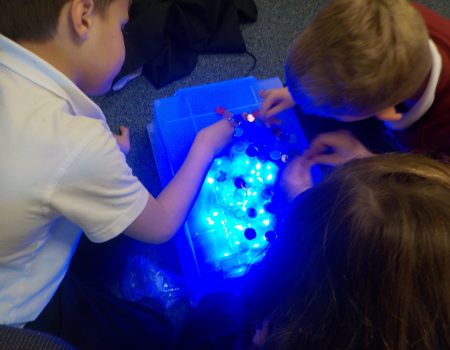

Key Stage 1 spans the ages of 5-7 years, when your child is in Year 1 and Year 2. In our school this is when your child is in Maple Class (Y1) and Holly Class (Y2).
The programme of study for Key Stage 1 is set out in the national curriculum document (2014) Please click here.
We have carefully organised the national curriculum into topic themes to be taught over a two year rolling programme in Key Stage 1. The topics have been chosen to engage and excite our learners and with our whole school curriculum and curriculum drivers in mind. For more information about our curriculum drivers and our rolling programme of topics click Curriculum Provision.
Key Stage 1 is where important foundations are laid for future learning as children become able to read, write and calculate independently. Whilst we make sure the curriculum is fun and engaging, our job at school is to ensure no child misses out on attaining these basic building blocks of learning.
At the end of Year 1 pupils sit a phonics test. This consists of a mixture of 40 words and non-words (also known to the children as ‘alien words’) which test the application of pupils’ phonological knowledge. The results of this test are shared with parents and this information is sent off to the Department for Education. The test involves responding verbally to word cards and does not involve and written work. The test is administered by your child’s class teacher and follows a similar format to daily phonics practice, so your child is likely to be unaware on the day they have been tested. If your child does not attain the required standard, we will give them lots of extra support and they will sit a further test at the end of Year 2. Since the check started, our Year 1s have attained higher than the national average in the Phonics tests.
Children from Year 1 onwards take part in termly assessments in Maths and Reading so that we can track children’s progress and ensure they are reaching their potential. We talk about these tests with you at termly parents evenings and in our annual reporting.
